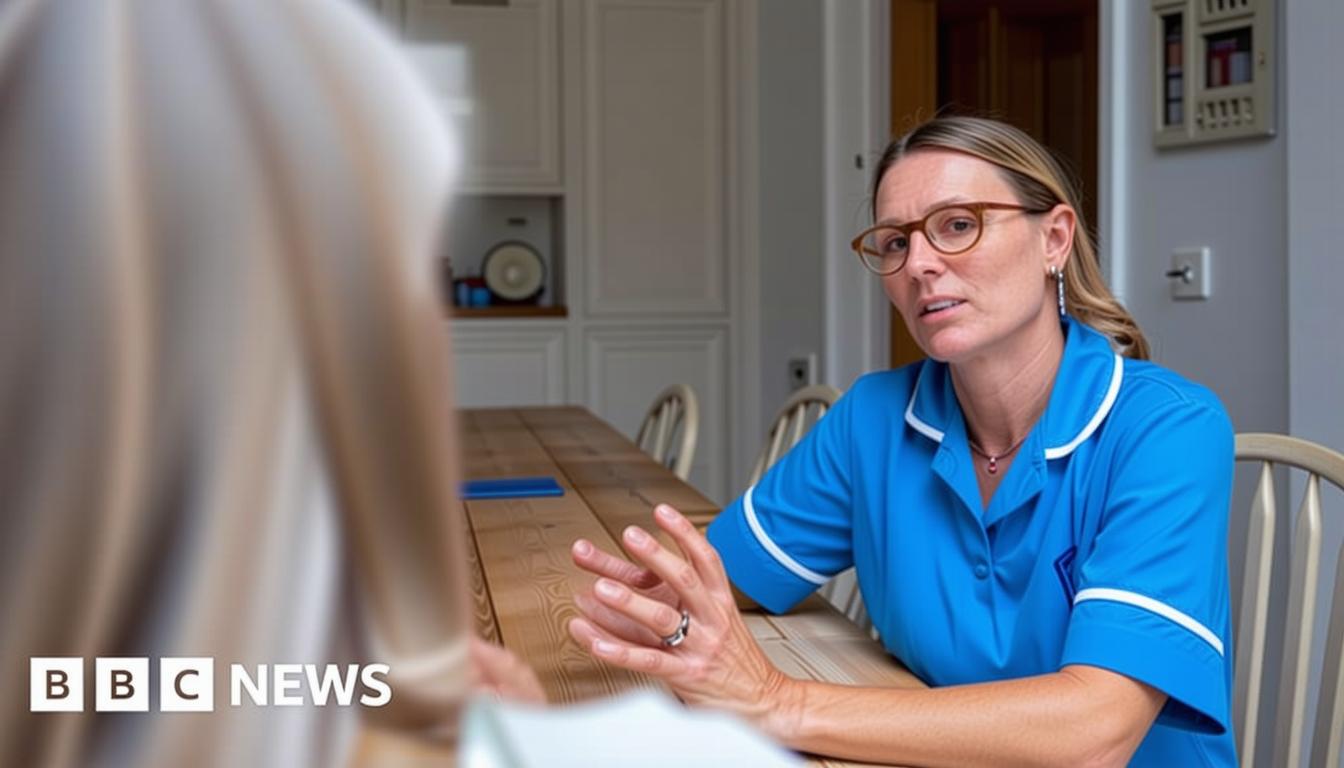Community Health Services Under Pressure: A Call for Action
By Nick Triggle, Health Correspondent
Challenges Facing Neighborhood Health Initiatives
The ambitious plan to transition healthcare from hospitals to local community hubs is facing significant hurdles, according to the health and care regulator. The Care Quality Commission (CQC) highlights that community services are currently overwhelmed, threatening the success of this initiative.
In its latest report, the CQC points out that extended waiting times and insufficient staffing in mental health, general practice, and social care are major concerns. The regulator warns that without addressing these issues, patient care could suffer as services struggle to meet increasing demands.
Despite these challenges, the government maintains that investments are being made to alleviate these pressures.
The Vision for Integrated Community Care
In July, a 10-year NHS strategy was unveiled, aiming to establish neighborhood health services by integrating GP care, hospital services, and community support. This approach is deemed essential to manage the needs of an aging population and the rising prevalence of chronic conditions like heart disease, diabetes, and dementia.
The CQC’s analysis, based on inspection reports and published data, raises several concerns about the current state of community services:
- Prolonged waits for mental health services, with a third of adults experiencing delays of three months or more, and even longer waits for children.
- Ongoing difficulties accessing GP services, with only half of patients finding it easy to reach their doctors by phone.
- A significant reduction in district nurses, with numbers halved per person over 65 compared to 14 years ago.
- Decreased access to state-funded social care, with only 3.6% of older adults receiving council support, down from over 8% two decades ago.
Dr. Arun Chopra, interim chief executive of the CQC, emphasized the importance of supporting community health and care services to ensure the success of the 10-year plan. He warned that without adequate support, vulnerable populations, including the elderly and those with complex health needs, would be most affected.
Patient Experiences and Innovations
The report also shares patient experiences, such as Arjun’s struggle to access mental health support. Preferring therapy over medication, Arjun faced a six-month wait for a referral and an additional nine months for treatment, during which his condition worsened.
Concerns were also raised about hospital care, particularly staffing in maternity units. However, the report highlighted successful initiatives, like a program in Haringey, North London, where collaboration among GPs, community services, and social workers reduced emergency visits by 30% for patients with complex conditions.
Government Response and Future Directions
A Department of Health and Social Care spokesperson acknowledged the challenges outlined in the report, attributing them to years of underfunding. The government is committed to revitalizing the NHS, with investments aimed at recruiting more staff in critical areas like GP services and mental health.
Dr. Hugh Alderwick from the Health Foundation supported the CQC’s concerns, noting that despite the new government’s efforts, health and care services remain under significant strain. He called for a more detailed plan to test and implement innovations that could enhance local services.
